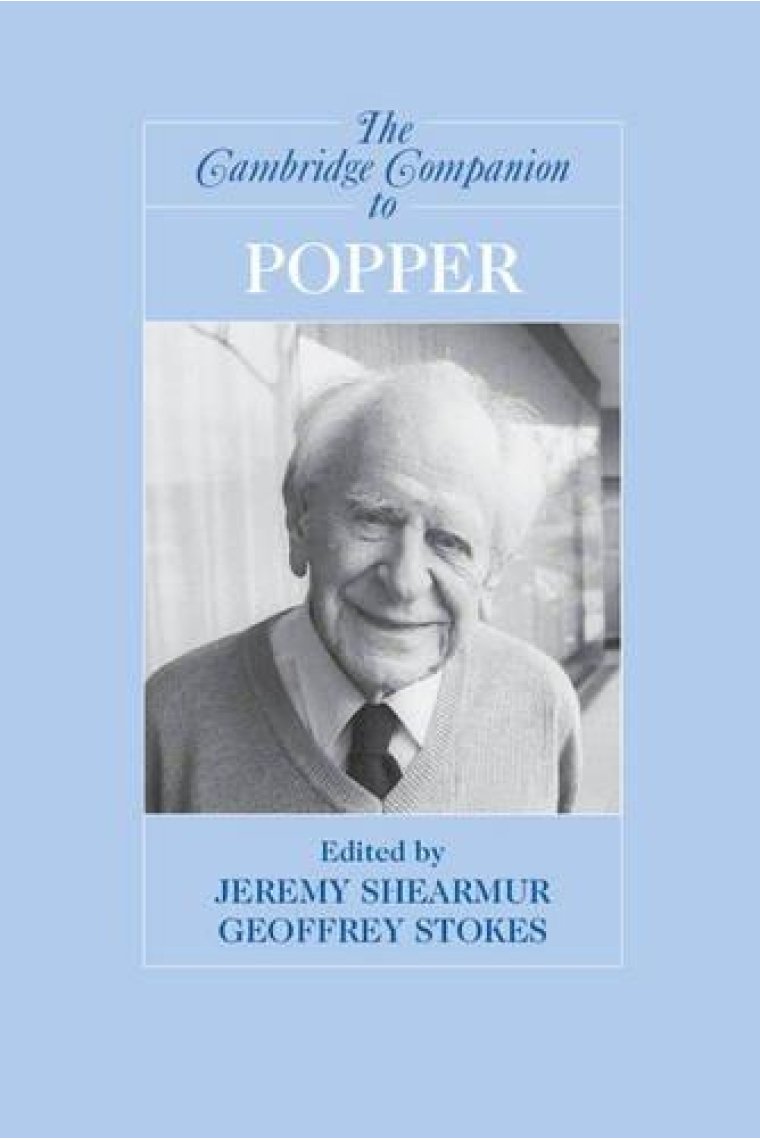Detalles del libro
Karl Popper was one of the most influential philosophers of the twentieth century. His criticism of induction and his falsifiability criterion of demarcation between science and non-science were major contributions to the philosophy of science. Popper's broader philosophy of critical rationalism comprised a distinctive philosophy of social science and political theory. His critique of historicism and advocacy of the open society marked him out as a significant philosopher of freedom and reason. This book sets out the historical and intellectual contexts in which Popper worked, and offers an overview and diverse criticisms of his central ideas. The volume brings together contributors with expertise on Popper's work, including people personally associated with Popper (such as Jarvie, Miller, Musgrave, Petersen and Shearmur), specialists on the topics treated (Bradie, Godfrey-Smith and Jackson), and scholars with special interests in aspects of Popper's work (Andersson, Hacohen, Maxwell and Stokes).
- Readers will gain an excellent overview of Popper's work, as well as an introduction to the more technical aspects of philosophy such as his arguments on induction
- Includes contributions from a diverse range of eminent scholars, writing in clear and accessible prose
- Is up to date, examining the most recent scholarship and offering comparative critiques
- Encuadernación Tapa blanda
- Autor/es Shearmur, Jeremy / Stokes, Geoffrey
- ISBN13 9780521672429
- ISBN10 0521672422
- Páginas 420
- Año de Edición 2016
- Idioma Inglés
The Cambridge companion to Popper
- Jeremy Shearmur , Geoffrey Stokes
- Editorial CAMBRIDGE U.P
- ISBN 9780521672429
 ¡Gracias por comprar en librerías reales!
¡Gracias por comprar en librerías reales!

 Lo mejor de noviembre
Lo mejor de noviembre  Alibri Llibrería, Barcelona
Alibri Llibrería, Barcelona
 Librería Lé, Madrid
Librería Lé, Madrid
 Caselles Llibrería, Lleida
Caselles Llibrería, Lleida








